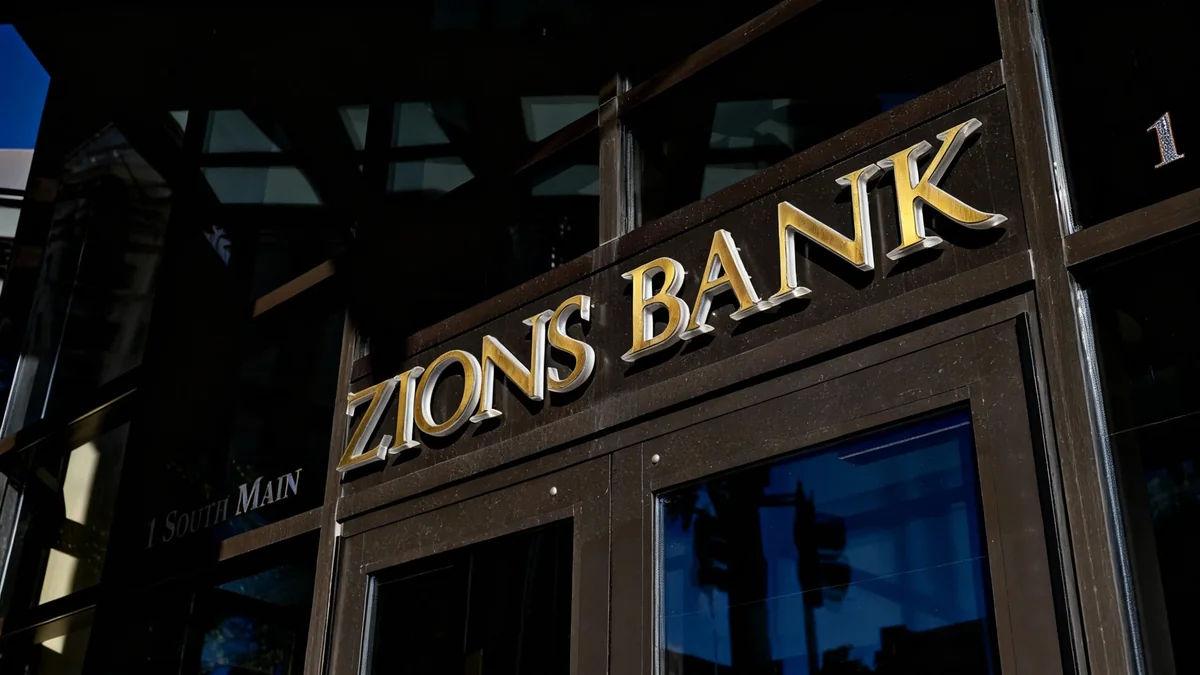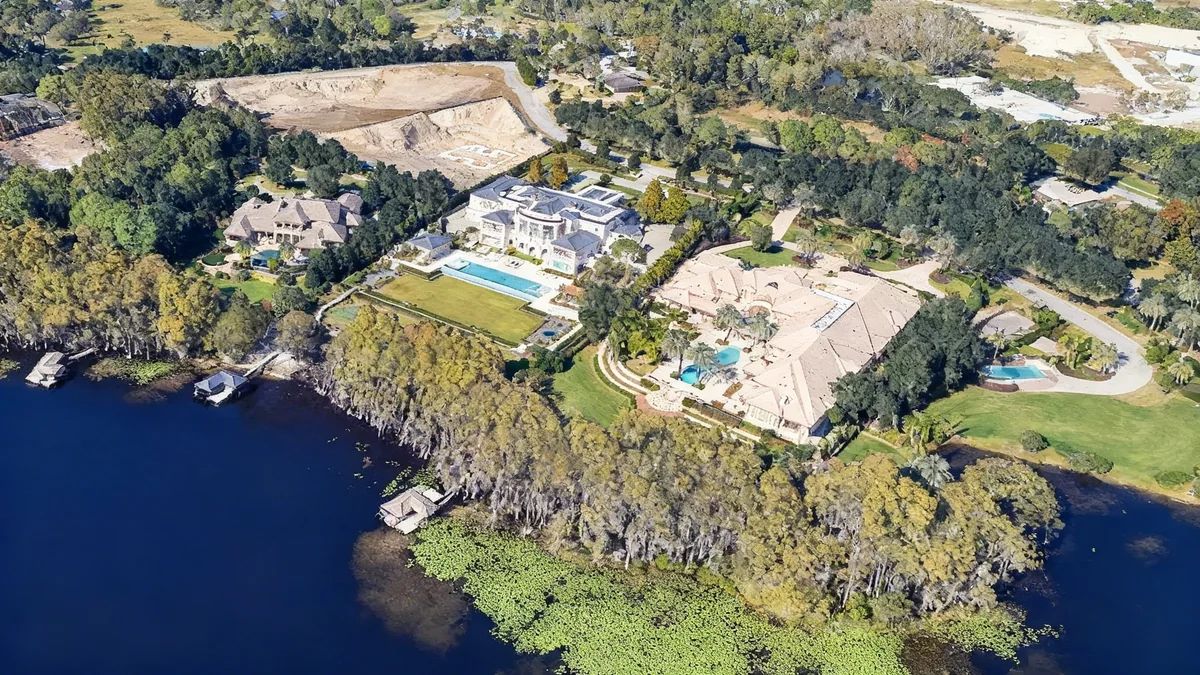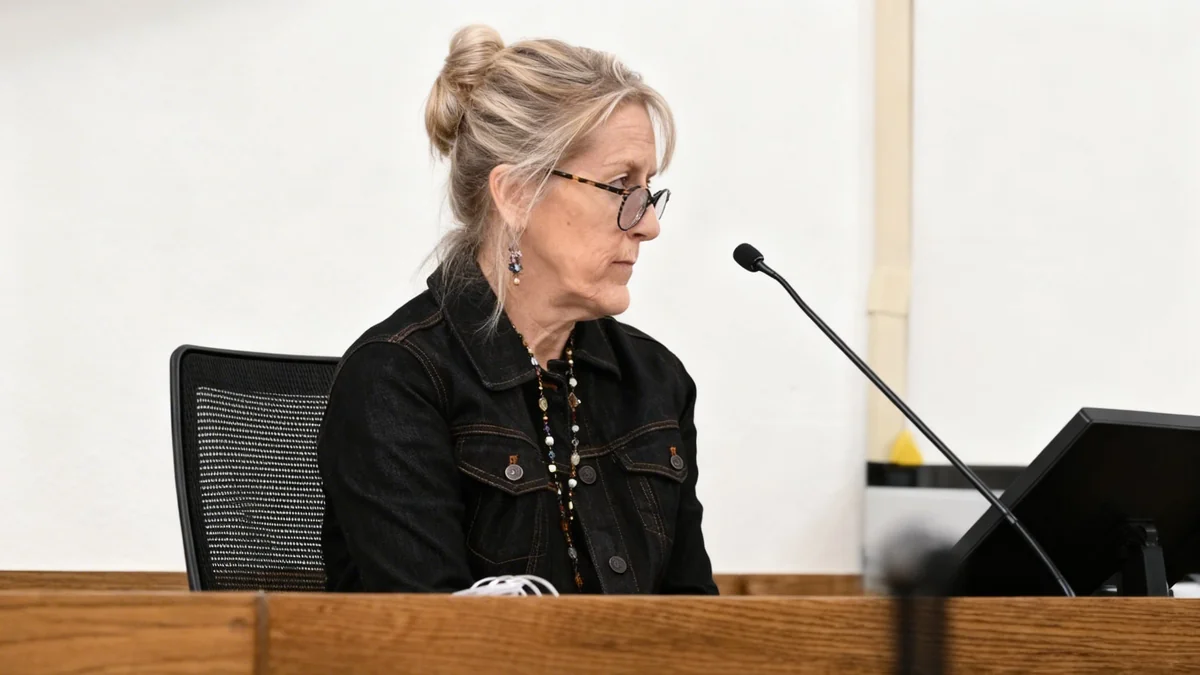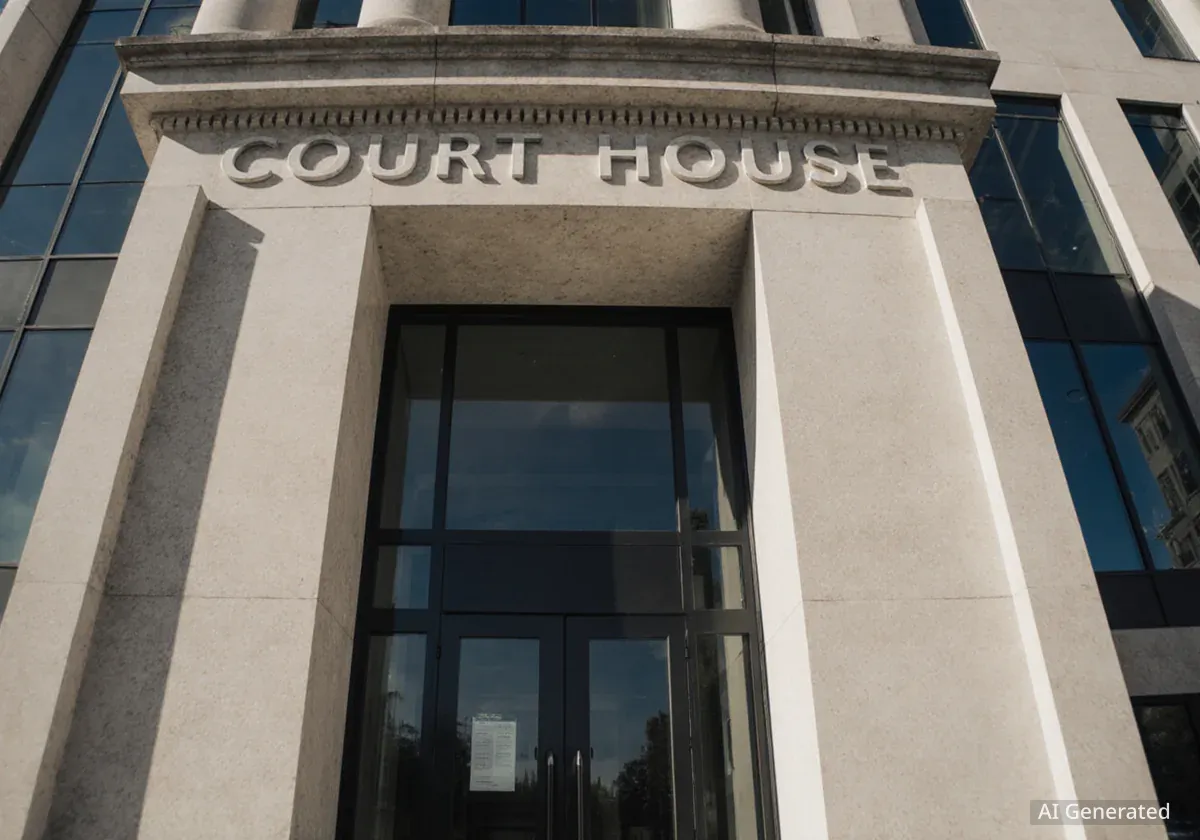Two regional U.S. banks, Zions Bancorp and Western Alliance Bancorp, have initiated legal action against a group of investors, alleging they were misled on loans totaling more than $158 million. The lawsuits are connected to the recent bankruptcy of a Southern California commercial real estate investment firm, MOM CA Investco LLC.
Both banks claim that the collateral securing the loans was misrepresented, leaving them without the primary repayment rights they believed were guaranteed in their lending agreements. These legal challenges highlight potential risks within the commercial real estate lending sector following a period of market instability.
Key Takeaways
- Zions Bancorp and Western Alliance Bancorp are suing a group of investors over loans exceeding a combined $158 million.
- The lawsuits allege that the investors misrepresented the banks' priority for repayment in the event of default.
- The bad loans are linked to the February bankruptcy filing of California-based real estate firm MOM CA Investco LLC.
- Court documents claim that properties used as collateral were already encumbered by other lenders or in foreclosure, contrary to the loan agreements.
Zions Bancorp Alleges Misleading Collateral Agreements
Zions Bancorp, through its subsidiary California Bank & Trust, has filed a lawsuit in Los Angeles County Superior Court concerning loans of more than $60 million. The loans, issued in 2016 and 2017 to an investor group, were reportedly secured by 16 commercial properties.
According to the complaint, the bank underwrote the loans with the standard contractual assurance that it would be first in line for repayment if the borrower defaulted. This is known as holding a "first lien" position, a critical protection for lenders.
Understanding Lien Priority
In lending, a lien is a legal claim against an asset used to secure a loan. "Lien priority" determines the order in which creditors are paid if the borrower defaults and the asset is sold. A first lien holder is paid back before any other creditors, making it the most secure position for a lender.
The issue came to light following the bankruptcy of MOM CA Investco, which listed six of the collateral properties as its investments. Zions alleges it discovered that for these properties, other lenders were actually positioned ahead of them for repayment, contradicting the terms of their loan agreements. The lawsuit names investors Gerald Marcil, Andrew Stupin, and Deba Shyam as defendants.
Western Alliance Claims $98.6 Million in Unsecured Debt
In a similar legal action, Phoenix-based Western Alliance Bancorp is suing an investor group that also includes Marcil and Stupin. The bank claims it is owed more than $98.6 million on loans that it now believes are not properly secured.
Western Alliance's complaint, filed in August in Los Angeles, accuses the investors of manipulating loan structures. The bank alleges this manipulation wrongfully prevented it from having the primary claim on the collateral properties. Furthermore, the lawsuit states that some properties intended to secure the loans were already in foreclosure, a critical fact that was allegedly not disclosed to the bank at the time of the agreement.
"My clients vehemently deny all the allegations of wrongdoing. These claims are unfounded and misrepresent the facts. We are confident that once all the evidence is presented, our clients will be fully vindicated."
Representatives for both Zions Bancorp and Western Alliance have declined to comment on the ongoing litigation. The investors' attorney maintains their innocence and plans to contest the allegations vigorously in court.
The Collapse of a Real Estate Venture
At the center of these legal disputes is the collapse of MOM CA Investco LLC, a real estate firm founded in 2021 as a joint venture between Mohammad Honarkar and Mahender Makhijani. The company's portfolio included high-value assets, such as a hotel in Laguna Beach and an apartment complex in Redlands valued at $65 million.
The partnership between Honarkar and Makhijani deteriorated quickly, leading to internal conflict and accusations of fraud. Court filings describe a contentious dispute, with allegations that Makhijani used armed guards to take control of properties and launched a public smear campaign against Honarkar using mobile billboards.
Chapter 11 Dismissal
MOM CA Investco filed for Chapter 11 bankruptcy reorganization in February. However, the case was dismissed in August after the partners failed to reach an agreement. The judge overseeing the case, U.S. Bankruptcy Judge Brendan Shannon, warned that dismissing the case would allow creditors to pursue individual legal actions, potentially leading to properties being sold at "fire-sale prices."
The dismissal of the bankruptcy case opened the door for creditors like Zions and Western Alliance to file their lawsuits in state court to try and recover their funds by seizing and selling the properties involved.
A Web of Interconnected Investors and Lenders
Court documents reveal a complex network of relationships between the investors and other financial institutions. The defendants sued by both banks—Marcil, Stupin, and Shyam—are linked to Mahender Makhijani through other investment vehicles, including an entity called Continuum Analytics.
Further investigation by the banks uncovered more potential conflicts over the collateral:
- Nano Banc Involvement: The three investors were also founding investors of Nano Banc, for which Makhijani was a significant source of business referrals. According to a March arbitration filing, Nano Banc had loaned the founders over $100 million.
- Disputed Laguna Beach Property: Zions discovered that the deed for a building in Laguna Beach, on which it believed it held the first lien, had been assigned to Nano Banc.
- Overlapping Collateral: In another instance, the deed for an apartment complex in Bellflower, also part of Zions' collateral, had allegedly been assigned to the other suing bank, Western Alliance.
These overlapping claims on the same properties are at the heart of the legal battle, as the banks seek to untangle who has the rightful claim to the assets and the funds from their potential sale. The outcome of these cases could have broader implications for how banks verify collateral and manage risk in the volatile commercial real estate market.





